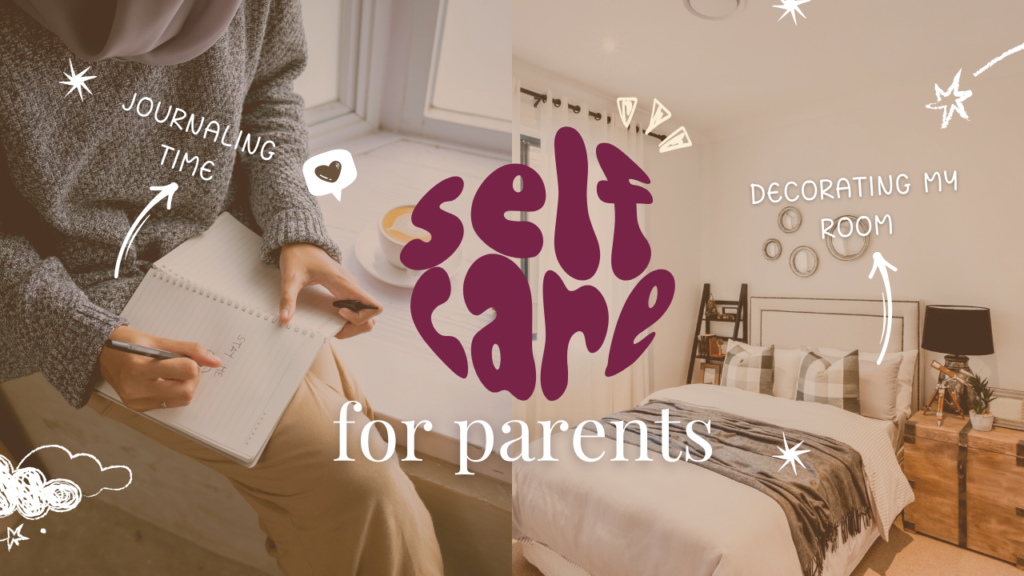Parenting is a complex and demanding task that requires a lot from parents, both physically and emotionally. It’s not uncommon for parents to prioritize their children’s needs over their own, often neglecting their well-being. However, it is essential to understand that caring for oneself as a parent is equally important as caring for one’s children. Engaging in self-care activities can have a significant positive impact not only on the parent’s mental health but also on their ability to be a better parent.
Self-care encompasses a wide range of activities that promote physical, emotional, and mental well-being. These activities include anything from exercise, healthy eating, and adequate sleep to meditation, relaxation techniques, and spending time with loved ones. When parents prioritize self-care, they are better equipped to handle parenting challenges, such as dealing with tantrums, managing conflicts, and providing emotional support to their children.
Moreover, self-care activities can help parents model healthy behaviors for their children. Children learn by example, and when they see their parents taking care of themselves, they are more likely to adopt similar behaviors. This can help children develop healthy habits that will benefit them forever.
Ten self-care ideas
- Prioritize Sleep: It’s essential to get enough rest. Establish a sleep schedule and get as much uninterrupted sleep as possible.
- Delegate Responsibilities: Don’t hesitate to ask for help. Share household tasks and parenting responsibilities with your partner, family, or friends.
- Me Time: Allocate time for yourself each day, even if it’s just 15-30 minutes. Use this time to do something you enjoy—read a book, bathe, listen to music, or meditate.
- Stay Active: Exercise can be a great stress reliever. Even short workouts or walks can boost your energy and mood.
- Healthy Eating: Try to maintain a balanced diet. Eating nutritious food can improve your overall well-being.
- Set Boundaries: Establish boundaries with work, family, and even kids. It’s okay to say no or set limits on your time and availability.
- Connect with Other Parents: Join parenting groups or communities. Sharing experiences with others who understand what you’re going through can be comforting and helpful.
- Therapy or Counseling: Consider seeking professional help. Talking to a therapist can provide valuable support and guidance.
- Hobbies: Reconnect with activities you love. Whether painting, gardening, or playing an instrument, engaging in hobbies can be a great way to unwind.
- Practice Mindfulness: Incorporate mindfulness practices into your daily routine. This can include meditation, deep breathing exercises, or simply being present and appreciating the moment.
In conclusion, parents should prioritize self-care alongside their children’s needs. Taking care of oneself is not a selfish act but rather an essential part of being a good parent. By prioritizing self-care, parents can improve their well-being, enhance their parenting skills, and model healthy behaviors for their children.
Still looking for more self-care ideas? check out these links.
Self-care and support for parents and caregivers of young children (14)
Self-Care Strategies for Parents When You Have No Time for Yourself

